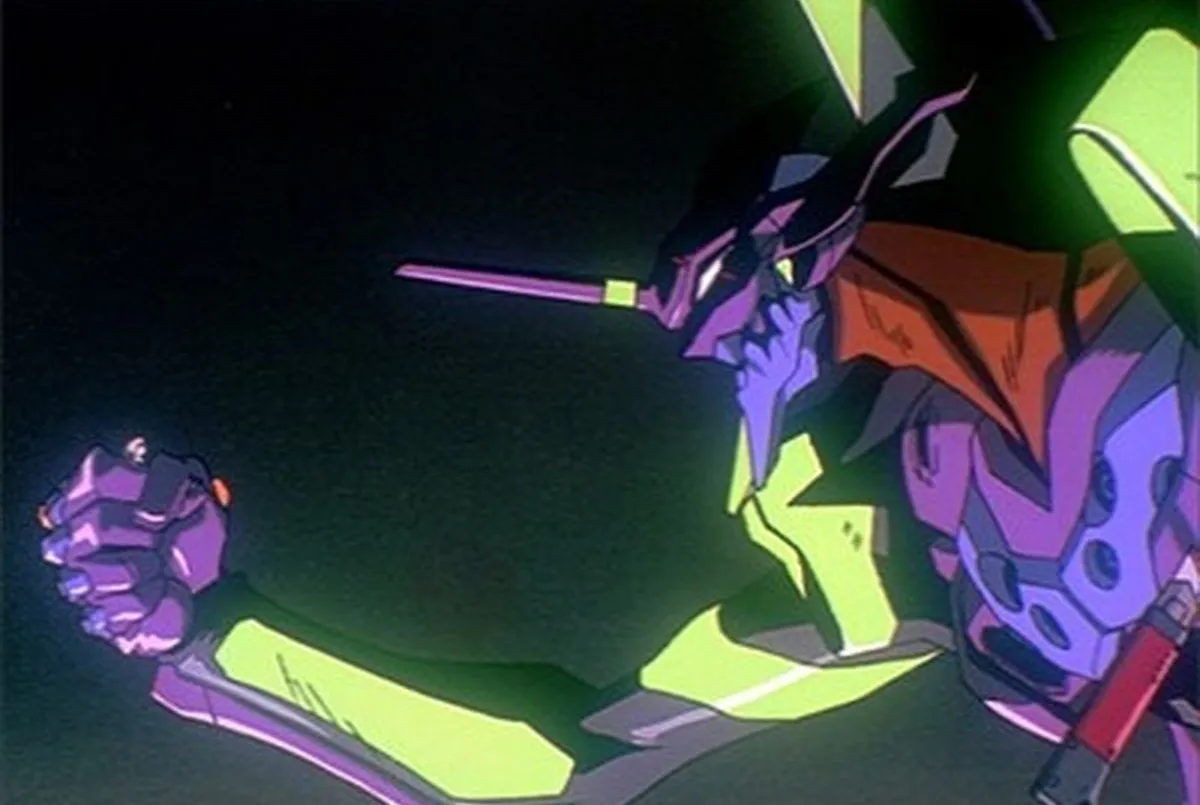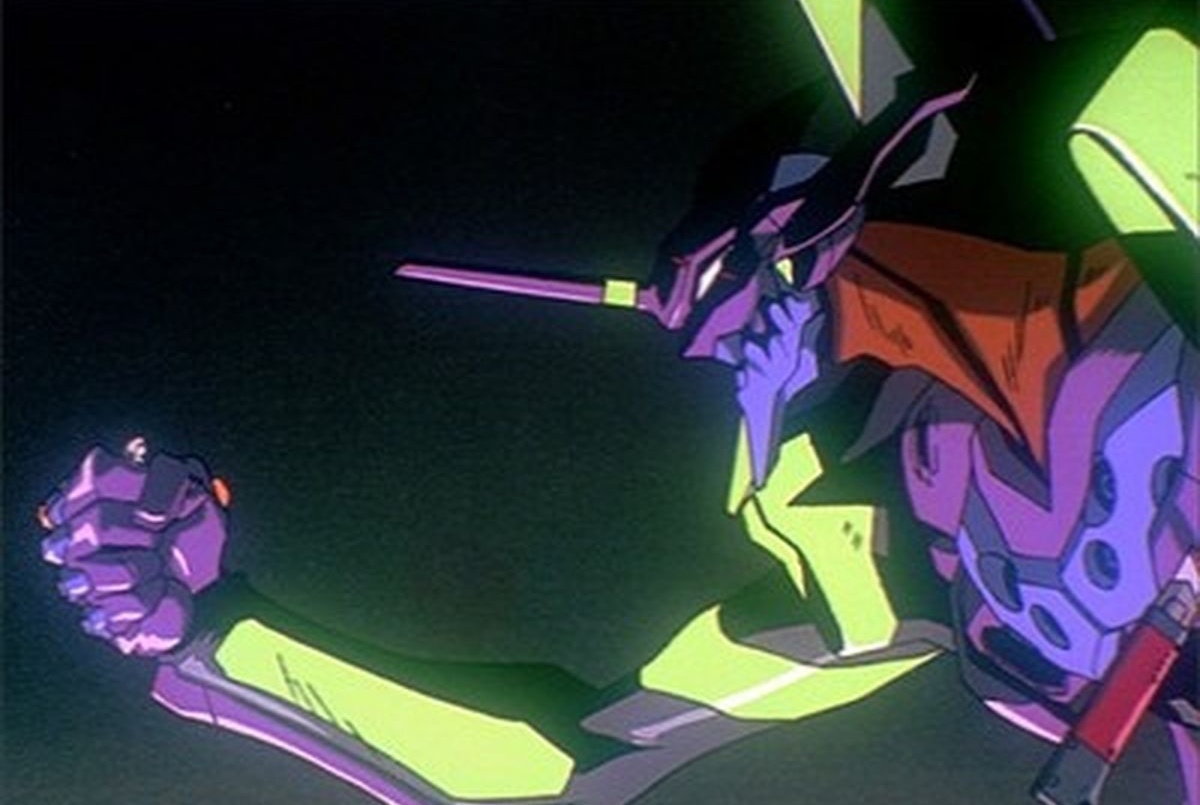
Asking some rooms of people “what is the best anime?” could start a fight. It’s a question that tends to elicit very strong emotions, because anime generates strong emotional ties. I’ve already stated, for example, what I think the best single episode of anime is. But comparing a series that has run for twenty-five years to a series constructed only to have twelve episodes is kind of like comparing apples to a walrus. There are many “best” anime out there but is it even possible to break down the best anime of every decade?
Dear reader, I have tried. When the decade in question was a difficult one to narrow down (so, all of them), I found the criteria I relied most on was legacy. Was there a certain beloved series from each decade that left an indelible stamp on the genre and/or its reception, without which the world of anime wouldn’t be the same? The answer, for each decade, was usually “yes.” Here are the best anime from every decade.
1960s: Tetsuwan Atom, a.k.a Astro Boy (1963)
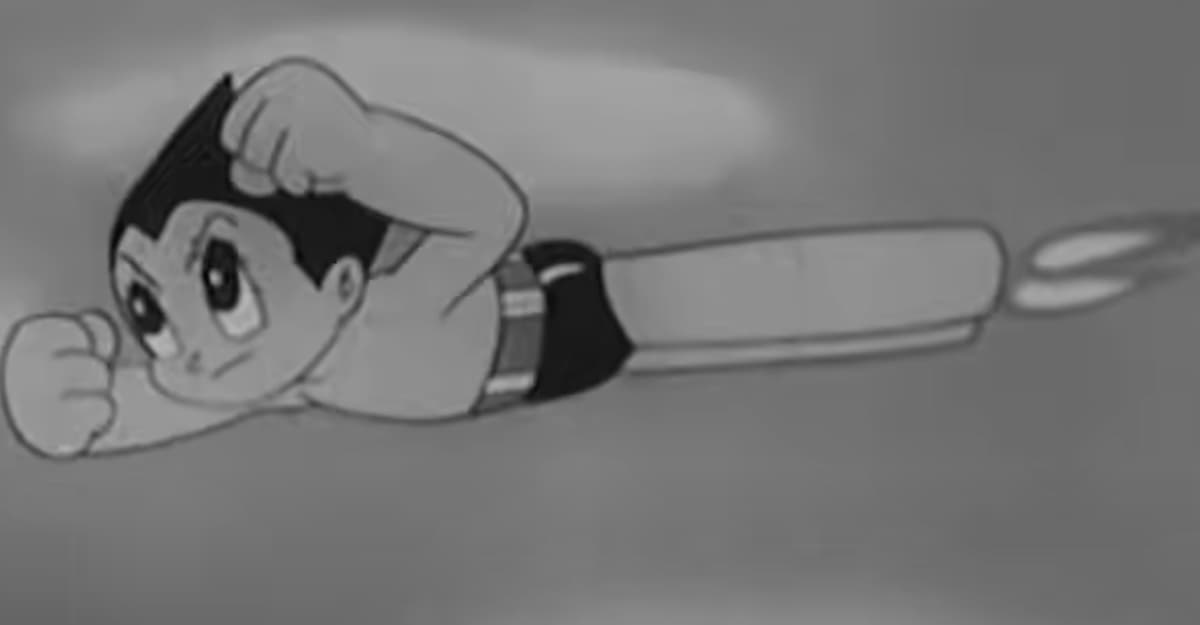
Tetsuwan Atom was the very first Japanese cartoon made specifically for a half-hour block on TV. While smaller, three-minute series existed, Japanese TV had previously filled its half-hour cartoons blocks with imports like The Flintstones. As such, Tetsuwan Atom — better known to Western audiences as Astro Boy — became the first “proper” anime. The series was so popular that it went overseas, establishing a market for anime in the West. Even rooted a bunch of still-used anime tropes, like the big eyes and fancy hair, are rooted in Tetsuwan Atom. It’s rather important in anime history.
Honorable Mentions: Kimba the White Lion, Speed Racer
1970s: Ashita no Joe, a.k.a Tomorrow’s Joe (1970)
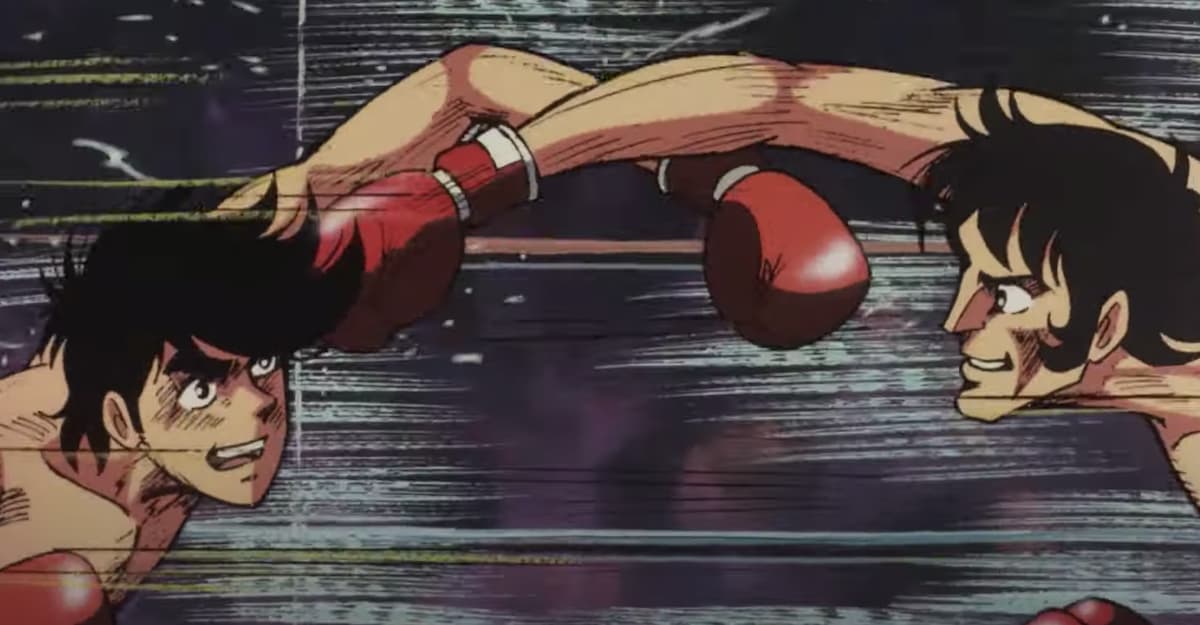
One of the first sports anime, Ashita no Joe was an institution in ’70s Japan, and its influence can still be readily felt. The show’s animation also still looks amazing, and its score rules. Watching clips of Ashita no Joe, it’s hard to believe the show came out in 1970. You can draw a straight line from Joe getting punched in the ring, blood spewing from his mouth, shadowy linework galore, to Eren Jaeger giving dark looks forty years later.
Honorable Mentions: Lupin III, Mobile Suit Gundam, Future Boy Conan, The Rose of Versailles, Heidi Girl of the Alps
1980s: Dragon Ball / Dragon Ball Z
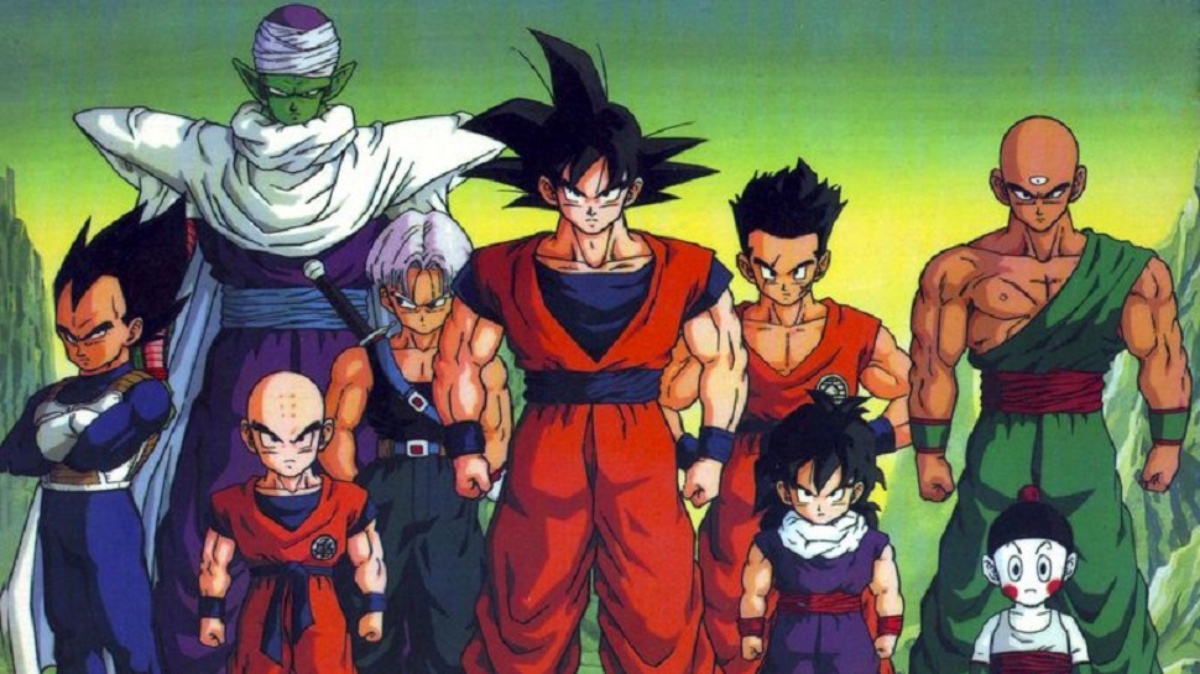
I love One Piece. But even I know that there would be no One Piece — nor Naruto, nor Bleach — without Dragon Ball. Dragon Ball is the grandaddy of modern shounen, and anyone who enjoys the Big Three or any of the deluge of series inspired by them owes it a debt of gratitude. Have I seen Dragon Ball? No. But I owe it a debt of gratitude.
The 1980s was known as the “Golden Age” of anime. We’re only talking about TV series here, but nowhere was that better seen than in anime films. Studio Ghibli formed in the ’80s. Akira, Ghost in the Shell, and an influx of classic Ghibli films — including My Neighbor Totoro — all came out in the ’80s.
Honorable Mentions: Saint Seya: Knights of the Zodiac, Ranma 1/2, Captain Tsubasa
1990s: Neon Genesis Evangelion (1995)
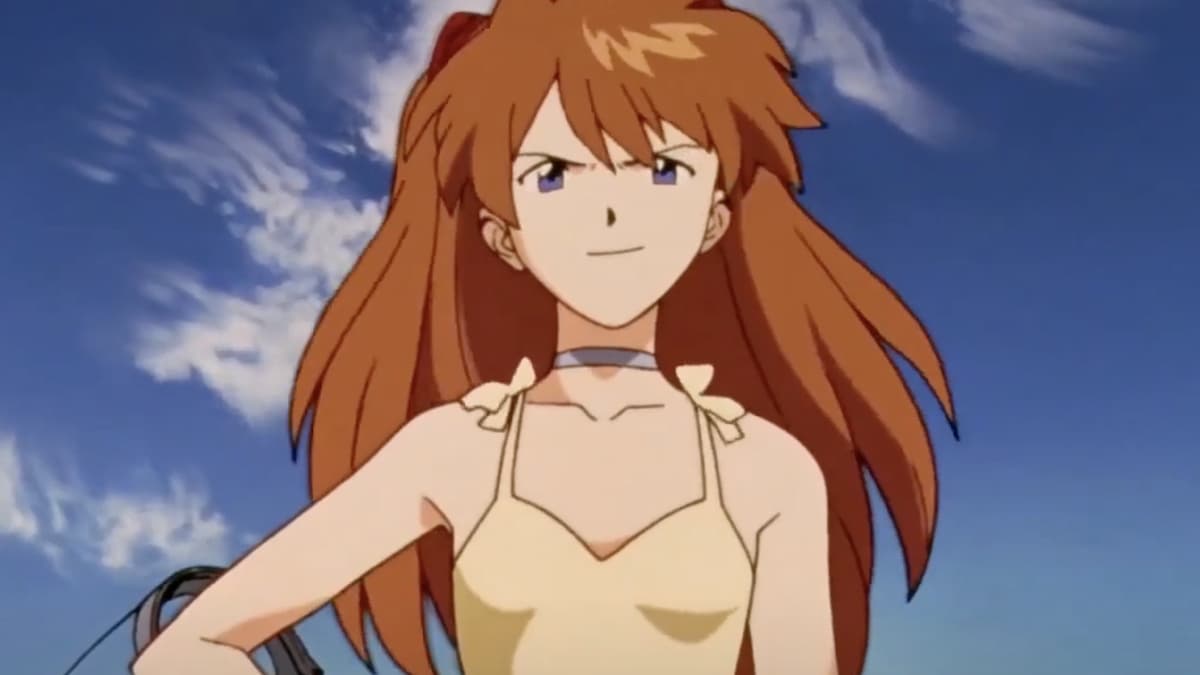
One of Hayao Miyazaki’s best animators quit to form his own studio, got horribly depressed, and gifted the world with Neon Genesis Evangelion. This series and its original weird, weird ending is one of my favorite things that exists. Evangelion parades itself around like its a mech anime, but at its core, it’s one of the most impactful surveys of depression in TV history. Plus, anything that can balance nail-biting action scenes with two teenage girls giving each other the silent treatment in an elevator is a work of true art. Evangelion is so good that, even though it’s very weird in a lot of ways, it’s still ridiculously popular, especially in Japan. Get ready for Evangelion Pachinko machines and the like. And the THEME SONG! Just get in the robot, Shinji, m’boy.
Honorable Mentions: Cowboy Bebop, Trigun, Serial Experiments Lain, mf’in Pokémon, and — of course — One Piece
2000s: Fullmetal Alchemist Brotherhood (2009)
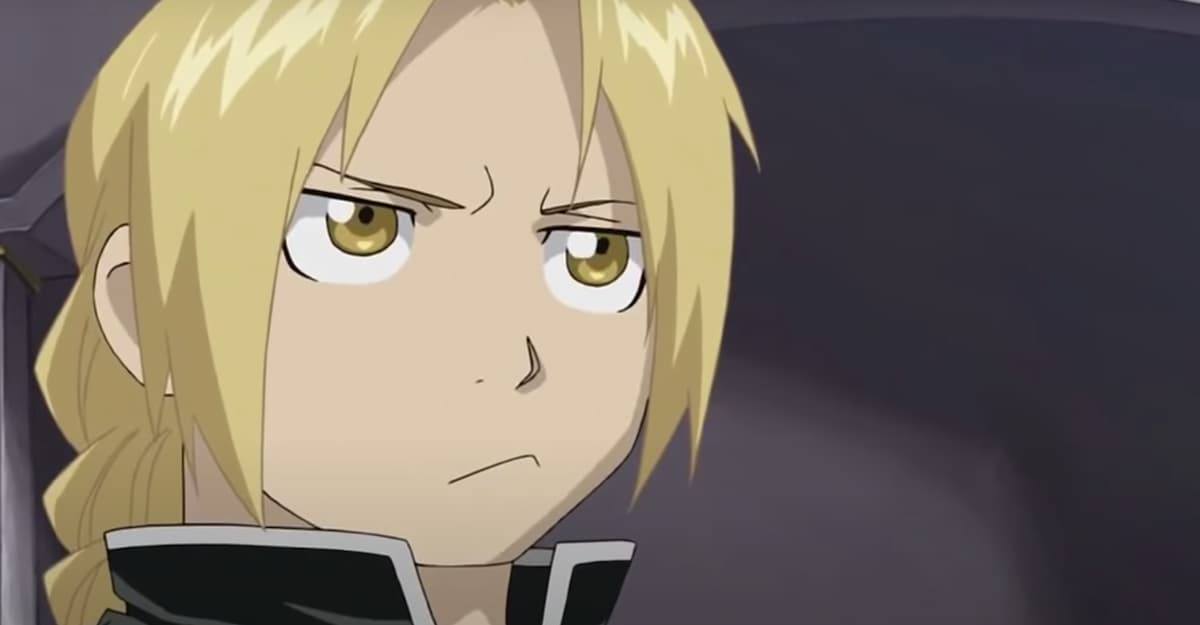
Remember when I said Neon Genesis Evangelion was one of my favorite things that exist? Well, Fullmetal Alchemist Brotherhood also falls into that camp. Last time I checked, the widespread opinion was still that it’s about as close to a perfect anime as you’re going to get. Brotherhood follows Hiromu Arakawa’s manga much more closely than the earlier and very bizarre Fullmetal Alchemist series. This means that it nails the ensemble character dynamics and heart-wrenching story about — sniff — friendship among hardship which makes Fullmetal such a triumph.
The characters really are what makes Fullmetal shine so bright. Edward Elric is a treasure of a protagonist. But the supporting cast — like Izumi Curtis shouting “I AM A HOUSEWIFE!!!” before kicking ass — is just as strong. Also also, Fullmetal was written by a woman, so bonus points! Whoo-hoo!
Honorable Mentions: FLCL, Death Note, Code Geass, Mononoke, Bakemonogatari, Mushishi, Samurai Champloo, The Melancholy of Haruhi Suzumiya
Related: Best Anime Soundtracks, Ranked on We Got This Covered
2010s: Mob Psycho 100 (2016)
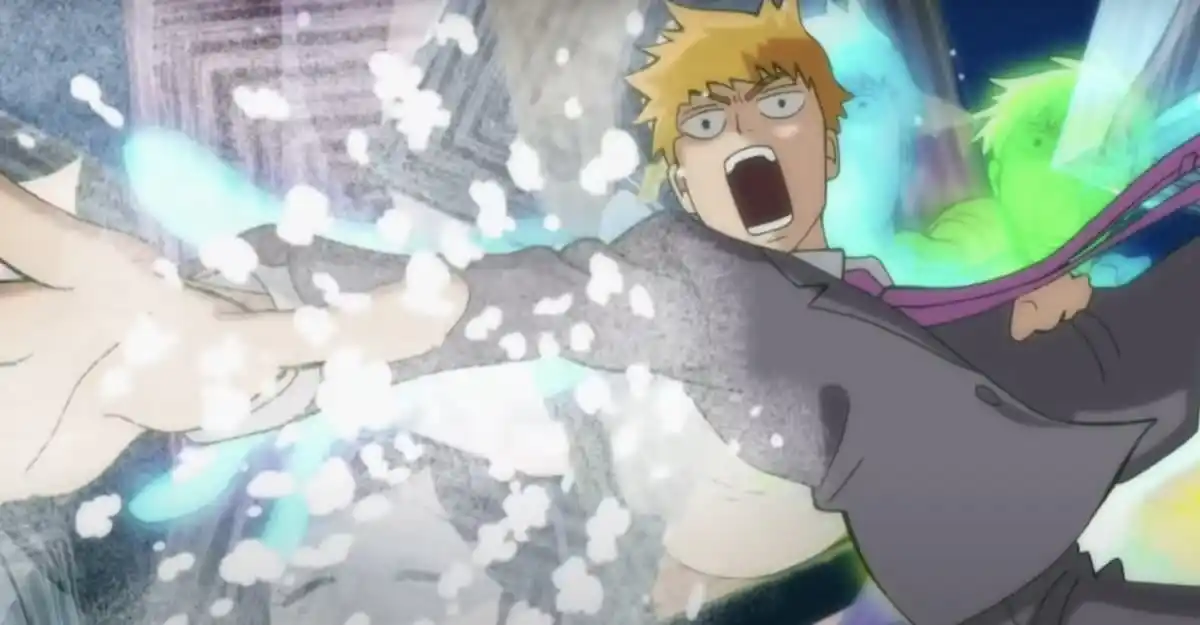
Listen. The 2010s are impossible to crown, because the followed the end of the 2000s and swelled into a Golden Age of anime, through which we are still living. If I chalked it up to my own personal tastes, a little-known gem called The Tatami Galaxy could run away with this decade. If we balanced it on pure cultural impact (as a previous version of this story did), you would go with Attack on Titan. But instead, let’s go with a show that almost anyone who sees it immediately agrees is a goddamn jewel: Mob Psycho 100.
Mob Psycho 100 is special. The series, which ended with one hell of a final season in 2022, is perhaps the most emotionally earnest action series in existance, except maybe for Steven Universe. Its very premise is tied to the protagonist’s emotional state: Mob, a deeply awkward middle schooler, can lose control of his nearly god-level psychic powers when his pent-up emotions are pushed to the brink. It’s a story about trauma, forging relationships, and the hunt for your authentic self.
But perhaps Mob Psycho 100‘s biggest asset is Mob’s “shisho” (“master”) Reigen, a highly charismatic but otherwise exceedingly average con man who is, in my humble opinion, one of the best characters anime has ever produced. Add to all this some of the stunning and most playful animation in the entire genre, and you have a hell of a show. It’s only a matter of time until, like Fullmetal Alchemist Brotherhood, Mob Psycho 100 goes down the anime history books as a masterpiece.
Honorable Mentions: Attack on Titan, Puella Magi Madoka Magika, Steins;Gate, The Tatami Galaxy, Yuuri! On Ice, Showa Genroku Rakugo Shinjuu… And so the mob doesn’t come after me, Hunter x Hunter and My Hero Academia and Demon Slayer
2020s (so far): Chainsaw Man
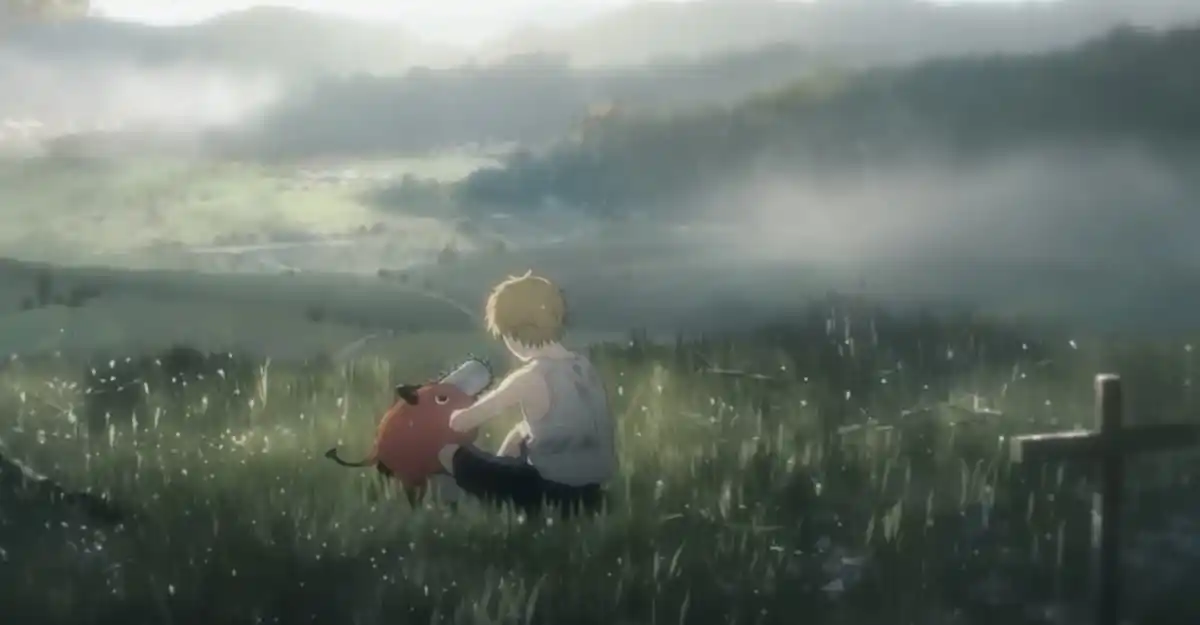
The 2020s have started off hot. 2022 in particular was an amazing year for anime. It takes quite the series to come out on top. And that series, without a doubt, is MAPPA’s adaptation of Tatsuki Fujimoto’s Chainsaw Man. Season one is one of the most stunning achievements of all anime-dom, in my opinion.
Chainsaw Man is stunningly animated, blisteringly funny, achingly heartfelt, and ingeniously choreographed. Its pacing is breakneck compared to other shounen series, and yet it’s subtle and slow enough to feature 90 seconds of a character simply making his morning coffee. For all the brutality and gore of this devil-invested world, Chainsaw Man shows how truly heroic small gestures of caring are. All while boasting the greatest boob-touching scene, ever.
Honorable Mentions: Keep Your Hands Off Eizoken!, Jujutsu Kaisen, Odd Taxi, Frieren: Beyond Journey’s End, Scott Pilgrim Takes Off
(Featured image: Studio Gainax)
Have a tip we should know? [email protected]
